RefuAid, Language: A Gateway
The RefuAid 'Language: A Gateway' project increases access to English language tuition for people who have claimed asylum in the UK and those in the process of doing so.
If you have a problem with your application or any questions about the RefuAid English language programs please email us at mohib@refuaid.org
ielts & cae: sTUDENT Application and Eligibility
Please note we currently have a limited number of spaces available. Please apply and someone will be in touch when a space becomes available in your area.
RefuAid provide a limited number of places for people who have sought asylum in the UK to improve their English and take English language exams. These exams provide the necessary qualification/s to enter a university or a profession in the UK. Successful applicants will have an ambition to go on to further work or study. The grant includes; English language tuition classes at an accredited school, test fees for the Cambridge Advanced English (CAE), Occupational English Test (OET) or the IELTS test (dependent on what you need), £30 towards course materials/textbooks and a small grant for travel expenses.
Partner language schools - how it works
RefuAid partner with British Council-accredited language schools who offer free tuition places for students on our programme - each school offers between 1 and 4 places on a rolling basis. RefuAid supports the students in a caseworker capacity throughout the duration of their course, as well as supporting financially with travel expenses and course materials, and paying for the exam fee when students are ready to take the test. We have found this to be by far the most cost-effective way of running the project. This means we can support many more students with our budget. If you are a language school interested in partnering with us please contact us today.
Why we run language programmes
Over-qualification and under-employment among refugees in the UK are major issues. A vast proportion of refugees who had a career previously or were on track to pursuing higher education are prevented from accessing opportunities in their new community due to the language barrier. As a result, most end up in 'survival' jobs in the service industry, or unable to find work at all. We believe that the people we support on the Language Programme will, as a result of overcoming this language barrier, be able to participate more fully in the community and ultimately contribute more to society. These English language qualifications allow people to access education and employment that is commensurate with their skills and capability, rather than being held back long-term by forced displacement.



